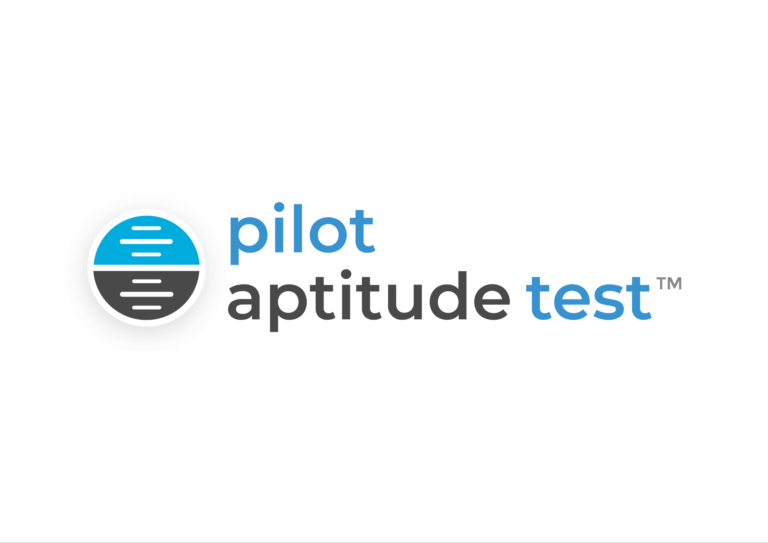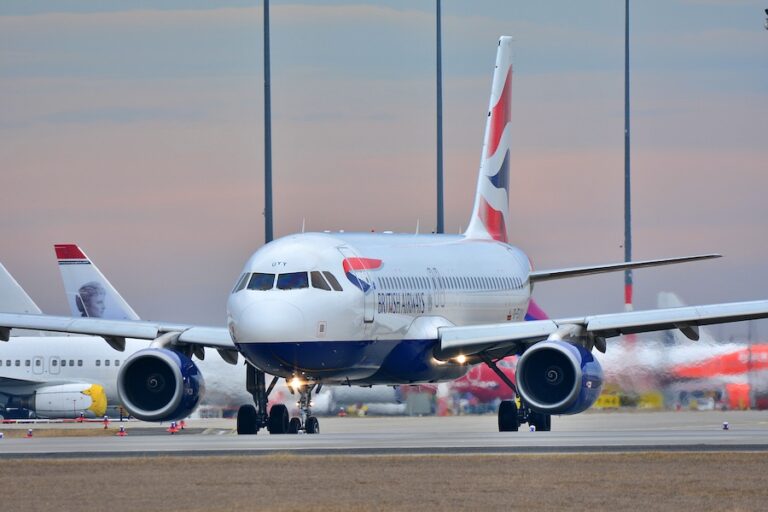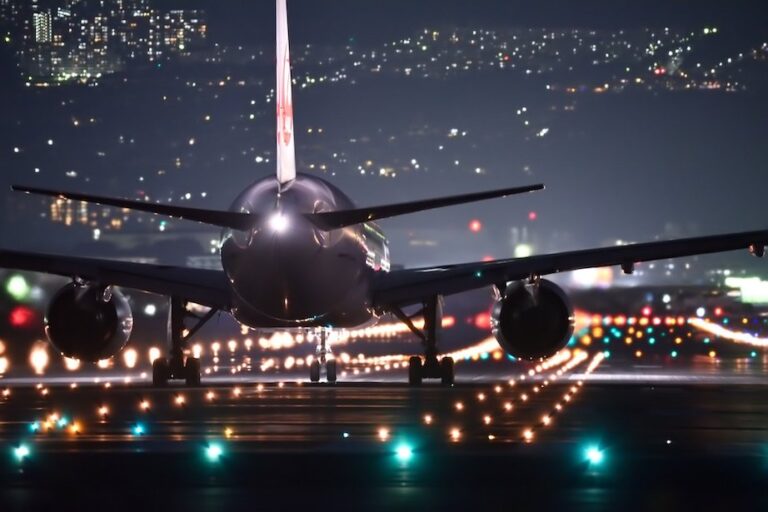Flying Training in the Royal Air Force
Introduction
Flying in the Royal Air Force (RAF) is a prestigious and demanding profession, requiring rigorous training that equips pilots to operate a diverse range of aircraft, including rotary-wing (helicopters), multi-engine, and fast-jet aircraft. In this article, we will delve into the comprehensive training stages that aspiring RAF pilots undergo to become masters of the skies.
Stage 1: Initial Officer Training
The journey to becoming an RAF pilot begins with Initial Officer Training (IOT), which all candidates must complete. IOT is a 24-week course designed to build the foundational skills and knowledge required of an RAF officer. It includes leadership training, physical fitness development, and an introduction to military life.
Stage 2: Elementary Flying Training
After successfully completing IOT, candidates move on to Elementary Flying Training (EFT). This stage of training introduces cadets to the fundamentals of flying. Cadets learn to operate a variety of aircraft, including fixed-wing and rotary-wing types.
1. Fixed-Wing Aircraft: In this phase, cadets typically train on the Grob Tutor, a light aircraft used for basic flying instruction. They learn essential skills like aircraft handling, navigation, and aerobatics.
2. Rotary-Wing Aircraft: EFT also includes initial exposure to rotary-wing aircraft, often using the Airbus H135 Juno helicopter. Cadets gain familiarity with helicopter operations and flight characteristics.
Stage 3: Basic Fast Jet Training
For those aspiring to become fast-jet pilots, the next step is Basic Fast Jet Training (BFJT). During this stage, cadets transition to more advanced fixed-wing aircraft, such as the Beechcraft T-6 Texan II. They learn high-speed flight, air combat tactics, and advanced aerobatics.
Stage 4: Advanced Flying Training
Following successful completion of BFJT, aspiring RAF pilots enter Advanced Flying Training (AFT). This stage provides in-depth training specific to the type of aircraft they will be flying in their operational roles.
1. Multi-Engine Aircraft: For those destined to operate multi-engine aircraft like transport planes or tankers, AFT includes training on aircraft like the Beechcraft King Air or Embraer Phenom. Pilots learn to manage complex systems, navigation, and multi-crew operations.
2. Fast-Jet Aircraft: Cadets on the fast-jet track proceed to Tactical Weapons Training (TWT), which focuses on honing combat flying skills, air-to-air and air-to-ground tactics, and live weapons training. They may train on aircraft such as the Hawk T2, designed to simulate the performance of frontline fast-jet aircraft like the Typhoon.
3. Rotary-Wing Aircraft: Those aiming to become helicopter pilots continue their training on dedicated rotary-wing platforms like the Airbus H145 Jupiter. Training includes advanced maneuvers, tactical operations, and navigating challenging environments.

Stage 5: Operational Conversion Unit (OCU)
After successful completion of AFT or TWT, pilots join their respective aircraft types at an Operational Conversion Unit (OCU). Here, they receive specialised training on the specific aircraft they will be operating in operational squadrons. The OCU phase focuses on mission-specific skills, tactics, and systems.
Conclusion
Flying training in the Royal Air Force is a demanding and structured process designed to produce highly skilled pilots capable of operating a diverse array of aircraft. Whether destined for rotary-wing, multi-engine, or fast-jet roles, each stage of training is meticulously crafted to ensure RAF pilots are well-prepared for the challenges of their operational careers. Through dedication, rigorous training, and a commitment to excellence, these pilots rise to the occasion, serving their country with distinction in the skies.



